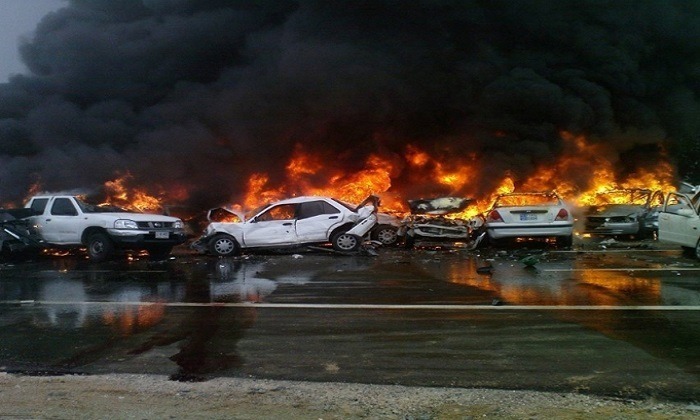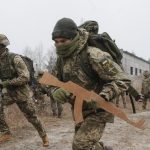[wp_ad_camp_1]Top leadership of Jamaat-ud-Dawa continues to face travel restrictions since 2008
Pak Chronicle Report
Islamabad
A slow moving crackdown against extremist elements is continuing in Pakistan since 2008 without making headlines in newspapers and the results of this seemingly unhurried process is visible on almost every front.
Almost a decade ago the authorities concerned in Pakistan adopted across the board approach to counter extremist elements besides countering their perpetrators and facilitators. As a part of these measures they were also put on no fly list.
Crackdown against top leadership and other members of Jamaat-ud-Dawa (JuD) was started in 2008 and at least 36 of them were banned to travel abroad by placing their names on the Exist Control List (ECL).
The ban on travelling abroad of these persons was imposed on December 20, 2008 and they continued to face these restrictions despite lapse of more than a decade. Restricting someone’s travelling is also sort a crackdown.
The travelling restrictions were imposed on them in Pakistan after terrorists attack in Mumabi on November 29, 2008 and India had alleged that Lashkar-e-Taiba was involved in this activity. Even lashkar-e-Taiba as an organization was also declared a banned outfit far earlier when General (Retired) Pervez Musharraf was ruling the country.
Records of all the persons whose names have been placed on the ECL was shared with the Senate recently by the Ministry of Interior on a question of Senator Usman Kakar in which it was inquired from the ministry to state names, designations and profession whose names have been placed or deleted on the ECL during the past three years along with province-wise breakup in this connection.
Responding to ‘starred question’ the ministry revealed that a total of 1,082 persons’ names were put on the no fly list while 3,049 persons names were deleted from the ECL. Sharing data about the persons with regard to province-wise placement of their names on the ECL, the ministry stated that 452 persons belonged to Punjab, 317 were from Sindh, 96 belonged to KPK, 14 were from AJK, four belonged to Gilgit Baltistan, 38 belonged to Islamabad Capital Territory and 138 had unknown affiliation as far as provinces are concerned.
According to shared data of the ministry the central Ameer of JuD Hafiz Muhammad Saeed’s name was placed on the ECL on the recommendations off Director General , the National Crisis Management Cell (NCMC) which is subsidiary body of the Ministry of Interior on December 20, 2008. Two leaders’ names of JuD were put on no fly list by the Pakistani government on the recommendations of NCMC while rest of the persons names belonging to JuD were placed on the ECL on the recommendations of Punjab Home Department. Other JuD’s member whose name was referred by the NCMC for placing it on the ECL was Qari Muhammad Yasin Baloch.
These leaders, prominent members and activists of JuD whose names were included in the ECL belong to different cities of Pakistan including Lahore, Rajanpur, Norowal and some others. There were a few principals of educational institutes which were being run by JuD and their names were also placed on the no fly list.
Currently 70 organizations in Pakistan got the status of proscribed organizations including JuD and its subsidiarity body Falah-e-Insaniyat Foundation. Both these organizations were proscribed in Pakistan on March 5, 2019. Previously they were under watch list of the interior ministry.
According to experts on defence related issues Pakistan continued its unannounced crackdown against extremist organizations in the country long ago and it didn’t publicize it to avoid any sort of backlash internally. They believe it has been taking steps which were seemingly slow-moving but they ultimately got results. Due to all these measures the country’s internal security is very much stable and overall law and order environment is very peaceful in comparison with the situation which existed around 10 years ago.
Raja Faisal, a political and defence analyst told Pak Chronicle that slow moving process of countering extremism that existed within social fabrics of Pakistan has been very fruitful. While responding to the allegations of India which are vigorously leveled against Pakistan he said India should acknowledge measures which have been taken by Pakistan so far to curb extremism but, according to him. unfortunately it is not the case.
“India needs to know for certain that due to internal security reasons the state of Pakistan has not been openly busting extremist ideologies but for sure that process of elimination has been started more than 10 years ago which also brought positive results,” he stated. He is optimistic that in in future it would yield further results and world at large must acknowledge these measures.
Ends



































